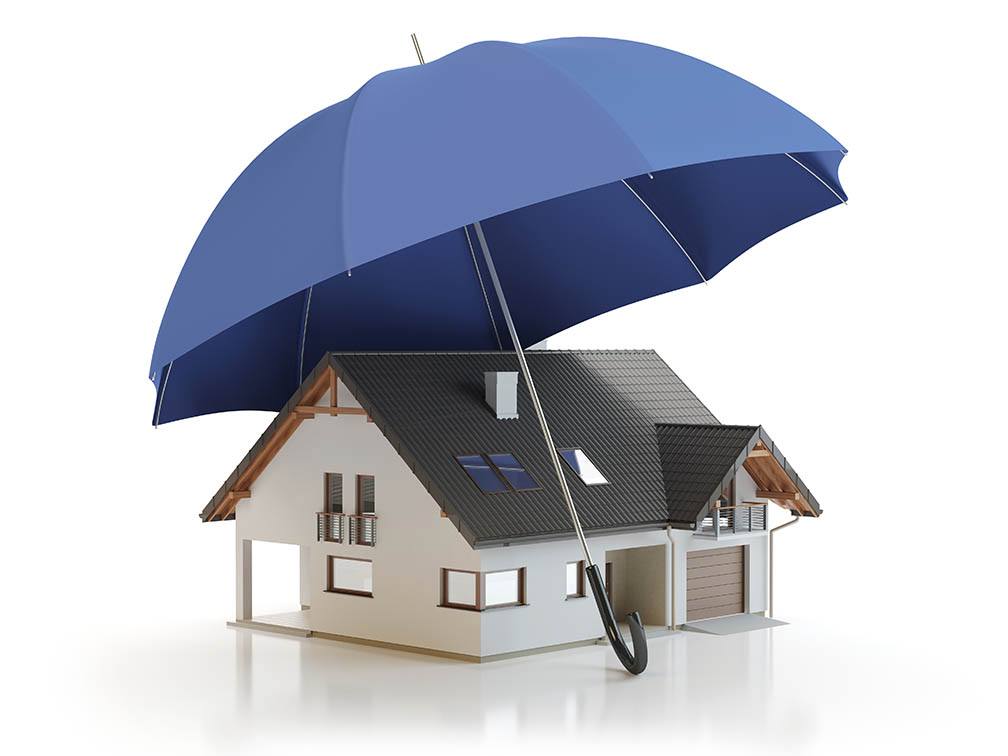What is an FHA Streamline Refinance?
 FHA borrowers have an exceptional program available to them called the FHA streamline refinance. It’s a simple way to get a lower mortgage payment and/or lower rate, but it’s not for everyone.
FHA borrowers have an exceptional program available to them called the FHA streamline refinance. It’s a simple way to get a lower mortgage payment and/or lower rate, but it’s not for everyone.
Read this guide to learn all about FHA streamline refinance and how it works.
What is an FHA Streamline Refinance?
The FHA streamline refinance allows FHA borrowers to skip most underwriting tasks including income and credit verification. It’s a simplified way to get a lower rate or change your loan’s term to get a more predictable payment.
Who is Eligible?
To be eligible for the FHA streamline refinance, you must be a current FHA borrower with a current loan. To qualify, you must meet these requirements:
- Have an on-time payment history of at least 12 months
- You must have owned the home for at least 210 days (6 mortgage payments)
- Show you benefit from the refinance
The on-time payment history shows lenders you can afford a higher mortgage payment with a higher rate and/or riskier terms. Since the streamline refinance should lower your payment or improve your term, it should be even easier to afford the loan.
You must prove there is a net tangible benefit to refinancing. This could mean a lower payment, lower interest rate, or refinancing from an ARM to a fixed-rate term. It must make sense for you to refinance to qualify.
How Does it Work?
If you use the non-credit qualifying version of the FHA streamline refinance, you may not have to verify your credit score or credit history. Some lenders may check it though, so always make sure your credit is in good standing.
If you aren’t sure, pull your credit reports and see if there is any negative credit history you should fix before applying. Look specifically for any late mortgage payments, late consumer payments (credit cards, personal loans, etc.), or overextended credit (using up over 30% of your credit lines).
Most lenders don’t verify your income or employment and you won’t need a new appraisal. Lenders use the value from your original appraisal to determine your LTV and eligibility for the loan.
Most FHA streamline refinance loans close much faster than a traditional refinance because of the smaller documentation and verification requirements.
FHA Mortgage Insurance Refunds
Another great aspect of the FHA streamline refinance is the FHA upfront MIP refund. You’re eligible for the refund from 6 months after taking out your FHA loan up until 36 months. You’ll earn a prorated refund each month.
For example:
- Month 6 – 70% refund
- Month 12 – 58% refund
- Month 18 – 46% refund
- Month 24 – 34% refund
- Month 36 – 10% refund
This refund directly lowers the amount of upfront MIP you owe at the closing, lowering your closing costs.
Final Thoughts
The FHA streamline refinance is great for current FHA borrowers who want to take advantage of today’s low rates or better terms. It’s a simple program that most borrowers qualify for as long as they have an on-time payment history and can show they benefit from the refinance.
Categories
- Around The Home
- Awards
- Bankruptcy History
- Budget
- Chapter 7 Bankruptcy
- Construction Loan
- Credit
- Credit Scoring
- Environmental Awareness
- Escrow Tips
- Fair Housing
- Federal Reserve
- FHFA
- Financial Crisis
- Financial Fraud
- Financial Reports
- Foreclosure
- Holiday Tips
- Holidays
- Home Building Tips
- Home Buyer Tips
- Home Buying Tips
- Home Care
- Home Care Tips
- Home Decorating
- Home Financing Tips
- Home Maintenance
- Home Mortgage
- Home Mortgage
- Home Mortgage Tips
- Home Mortgages
- Home Seller Tips
- Home Selling Tips
- Home Tips
- Home Values
- Home Values
- Homebuyer Tips
- Homeowner Tips
- Housing Analysis
- Housing Market
- Investment Properties
- Market Outlook
- Mortagage Tips
- Mortgage
- Mortgage Application
- Mortgage Guidelines
- Mortgage Rates
- Mortgage Tips
- mortgage-rates-whats-ahead-september-17-2012
- Organization Tips
- Personal Development
- Personal Finance
- Rankings
- Real Estate
- Real Estate Definitions
- Real Estate Tips
- Real Estate Trends
- Selling Your Home
- Student Loans
- Tax Debts
- Taxes
- The Economy
- Travel
- Uncategorized